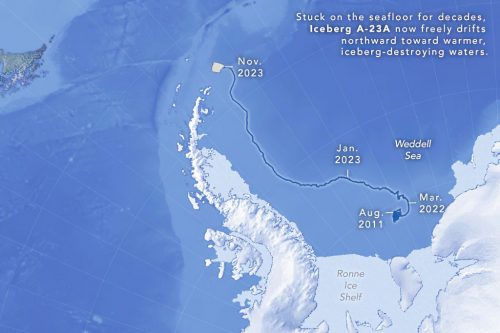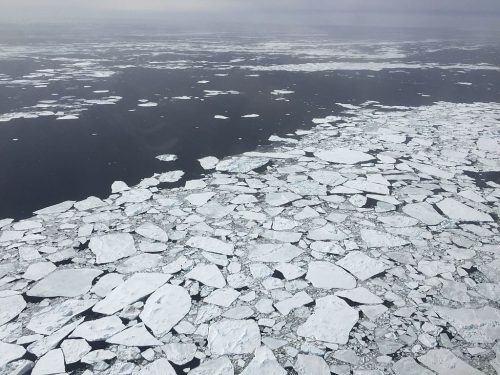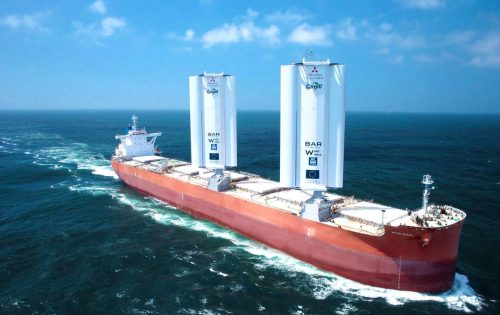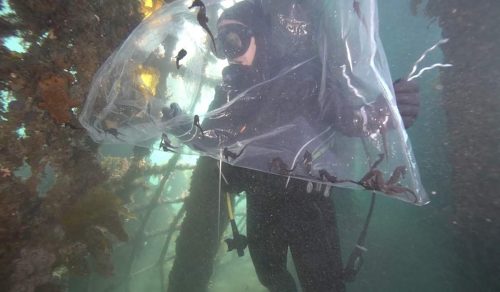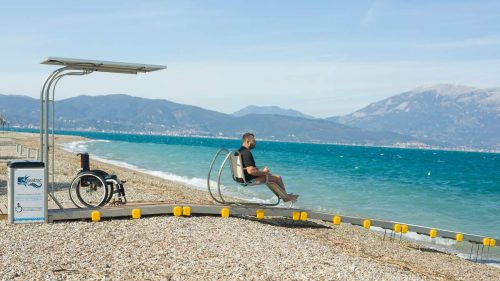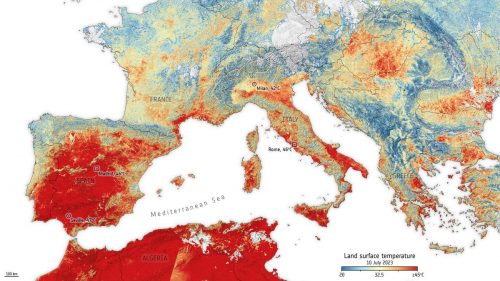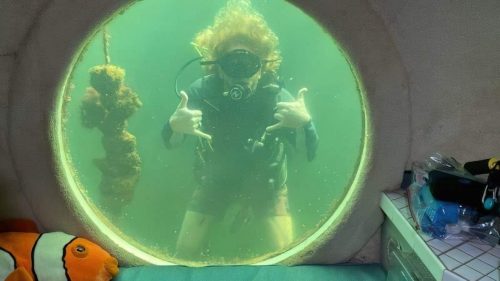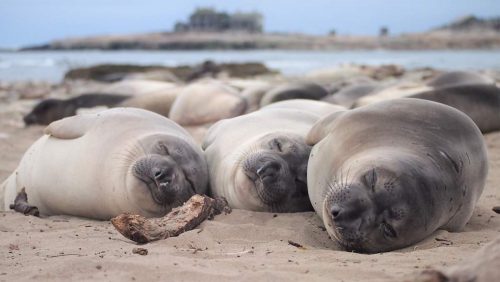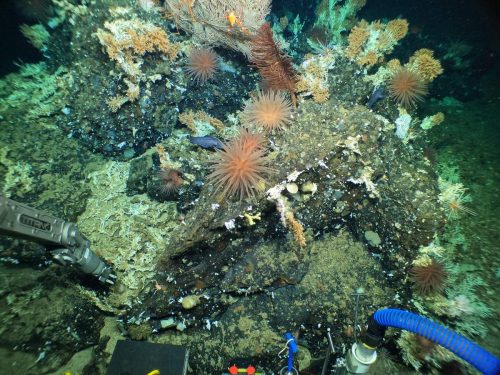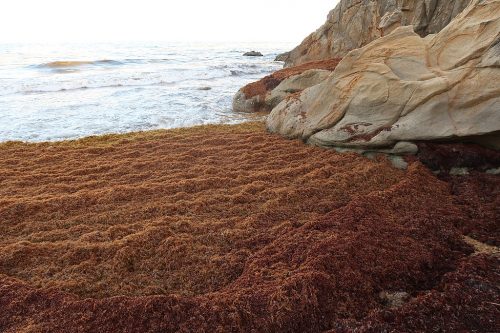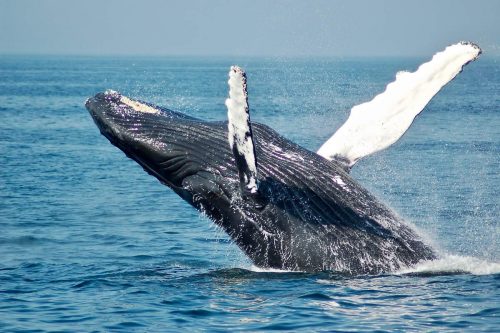The world's largest iceberg, an icy island three times the size of New York City, has broken loose. The iceberg, called A23a, broke free from an Antarctic ice shelf in 1987, and has been grounded for over 30 years. Now it's floating in the open ocean.
Posts tagged as “oceans”
Scientists have reported that Antarctica's sea ice is at a record low level. That's worrying because the sea ice is an important part of the Earth's cooling system. It's not yet clear if the low sea ice level is temporary, or part of a changing climate pattern.
On August 21, a cargo ship traveling from Singapore to Brazil became the first to try out a new kind of sail. The sail is expected to save fuel and cut pollution. If it works well, similar sails could become common on cargo ships over the next few years.
In a world-record effort to help save a rare sea creature, Australian scientists have released hundreds of baby seahorses into the wild. The tiny seahorses are endangered, and the scientists hope the new seahorses will help their numbers grow.
People who have trouble walking or moving around often have a hard time enjoying the beach. But hundreds of beaches in Greece now offer a new way for people in wheelchairs to get into the water by themselves. It's called Seatrac.
Recently, people around the world have been experiencing some of the hottest weather ever recorded. In some places, the weather has been so hot that it's been dangerous. The extreme weather is being caused by climate change.
Dr. Joseph Dituri, also known as "Dr. Deep Sea", has just finished an amazing adventure. For 100 days, the University of South Florida teacher lived in a small room underwater. He set a new world record, beating the old record of 73 days.
If you've ever seen elephant seals lying on a beach, you might think all they do is sleep. But now scientists have discovered that when elephant seals are in the ocean, they hardly sleep at all. On average, the seals sleep just two hours a day.
Scientists exploring the ocean around the Galapagos Islands have discovered a healthy, active coral reef, deep below the surface of the sea. The reef is unusual because it is so healthy, and has not been damaged by humans.
A massive raft of floating seaweed called sargassum is headed toward the coasts of Mexico and the southern United States. Sargassum rafts have been growing in size every year. When they land, they cause big problems.
On Saturday, after 10 years of difficult talks, nearly 200 countries agreed to a new United Nations treaty to protect the world's oceans. The treaty is the first of its kind in 40 years.

